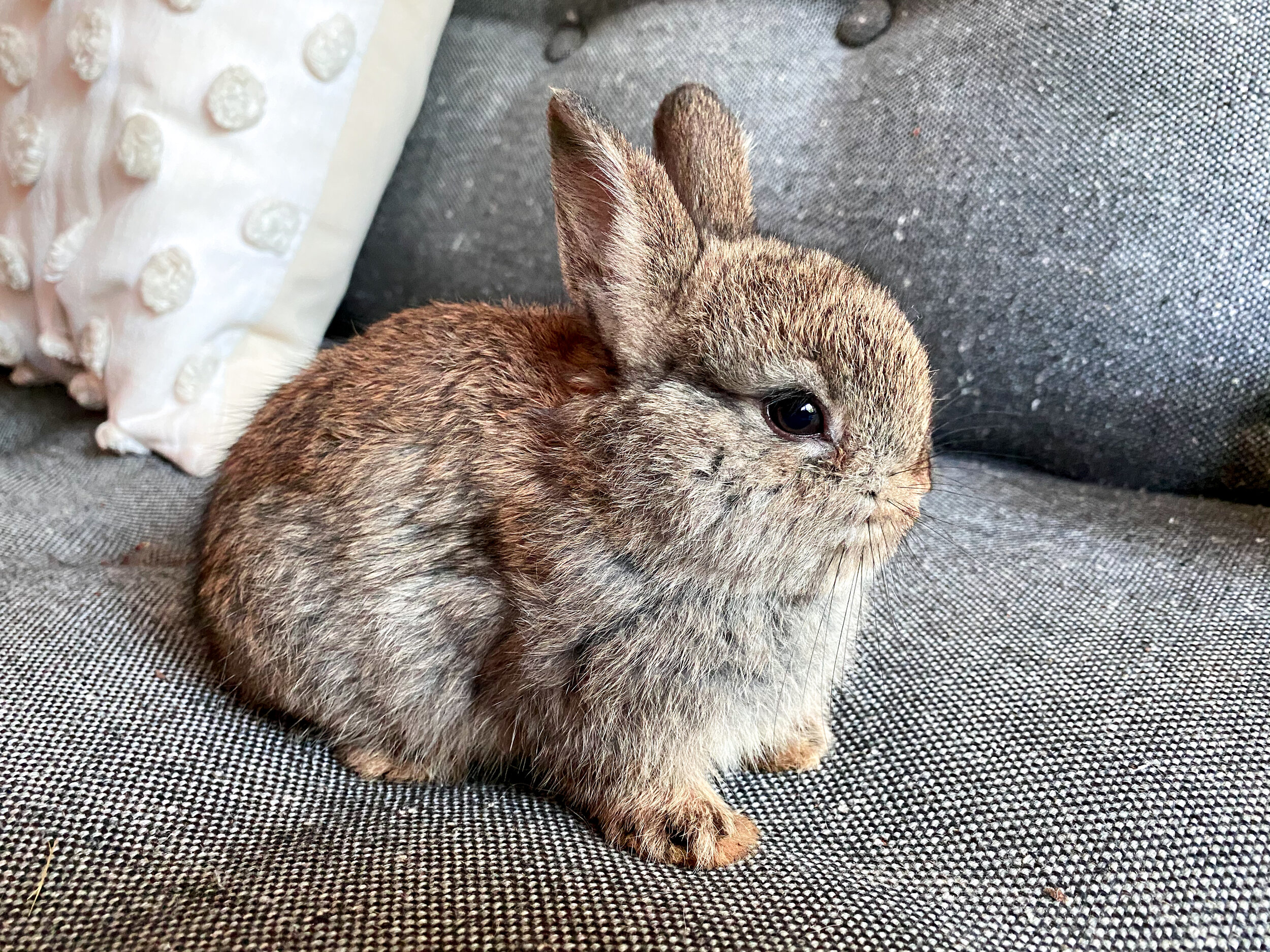
Caring for a Baby Bunny: A Comprehensive Guide
Introduction
Baby bunnies, also known as kits, are adorable and delicate creatures that require specialized care to thrive. Whether you have stumbled upon an orphaned kit or are considering adopting one, understanding their unique needs is crucial for their well-being. This comprehensive guide will provide you with all the essential information you need to care for a baby bunny, from feeding and housing to health and socialization.
Feeding
Formula:
- Baby bunnies under four weeks old require a specialized formula specifically designed for rabbits.
- Do not use cow’s milk or other animal milks, as they can cause digestive problems.
- Follow the manufacturer’s instructions carefully for mixing and feeding the formula.
Feeding Schedule:
- Feed kits every 2-3 hours around the clock.
- Gradually increase the amount of formula as they grow.
- By four weeks of age, kits should be weaned onto solid food.
Solid Food:
- Introduce hay, fresh vegetables, and pellets gradually after four weeks of age.
- Hay should be the primary source of fiber in their diet.
- Offer a variety of vegetables, such as carrots, celery, and leafy greens.
- Pellets provide essential nutrients and should be limited to 1/4 cup per day for adult rabbits.
Water:
- Provide fresh water at all times.
- Use a shallow dish or water bottle with a sipper tube.
Housing
Cage:
- Choose a cage that is large enough for the bunny to move around comfortably.
- Provide a hiding place, such as a cardboard box or tunnel.
- Line the cage with a soft material, such as fleece or towels.
Bedding:
- Use absorbent bedding, such as paper pellets or shredded newspaper.
- Avoid using cedar shavings, as they can be harmful to rabbits.
Temperature:
- Baby bunnies are sensitive to cold.
- Maintain a temperature of 70-80°F (21-27°C) in their cage.
- Use a heating pad or heat lamp if necessary.
Health
Signs of Illness:
- Lethargy
- Discharge from eyes or nose
- Diarrhea
- Loss of appetite
- Swollen abdomen
Common Health Issues:
- Gastrointestinal Stasis: A condition where the digestive system slows down or stops.
- Snuffles: A respiratory infection caused by bacteria or viruses.
- Ear Mites: Tiny parasites that cause itching and irritation.
- Coccidiosis: A parasitic infection that can cause diarrhea and weight loss.
Prevention and Treatment:
- Keep the bunny’s cage clean and disinfected.
- Provide a healthy diet and plenty of fresh water.
- Vaccinate the bunny against common diseases.
- Seek veterinary attention promptly if you suspect any health issues.
Socialization
Handling:
- Handle baby bunnies gently and support their body.
- Avoid picking them up by their ears or legs.
- Gradually increase the amount of handling as they grow.
Playtime:
- Provide toys for the bunny to play with, such as balls, tunnels, and cardboard boxes.
- Supervise playtime to prevent accidents.
Companionship:
- Baby bunnies are social animals and should not be kept alone.
- If possible, introduce them to another bunny of the same age and sex.
Additional Tips
- Grooming: Brush the bunny’s fur regularly to remove loose hair.
- Nail Trimming: Trim the bunny’s nails as needed to prevent overgrowth.
- Litter Training: Baby bunnies can be litter trained by placing a litter box in their cage.
- Spaying or Neutering: Consider spaying or neutering the bunny once it reaches sexual maturity to prevent unwanted litters and certain health problems.
Conclusion
Caring for a baby bunny is a rewarding but challenging experience. By providing them with proper nutrition, housing, health care, and socialization, you can help them thrive and live a long and healthy life. Remember to seek veterinary advice whenever necessary and enjoy the companionship of these adorable and affectionate creatures.
